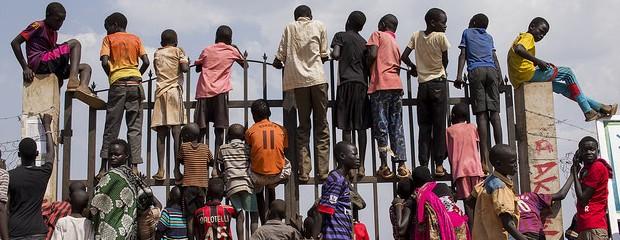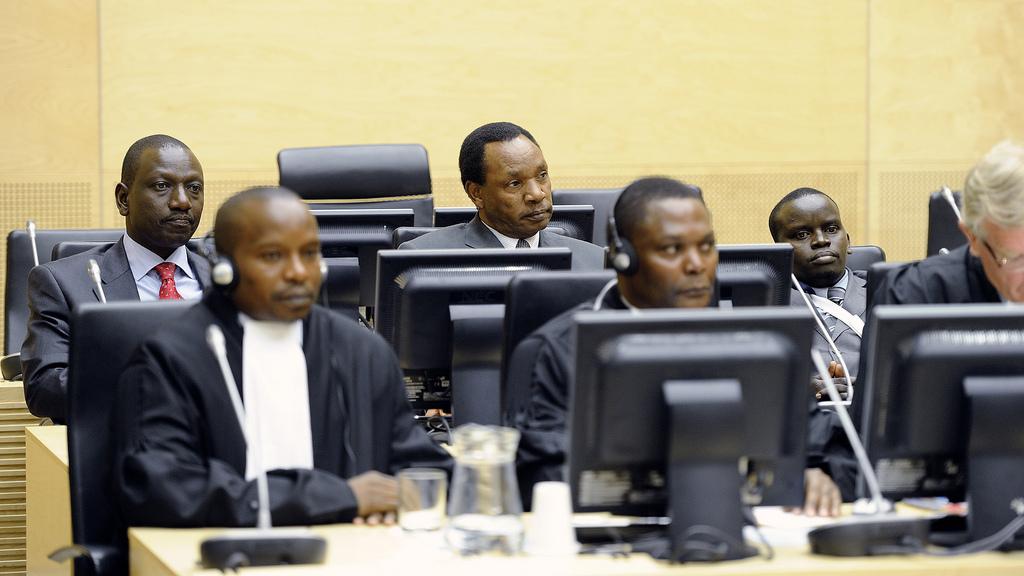Reinvigorating the Struggle against Nuclear Weapons
President Obama has again stunned the world. In stark contrast to his predecessor he has once again demonstrated the political will to provide international leadership on one of the central problems that plague the global community. This past Sunday, in the city of Prague, he called for the reinvigoration of the struggle against nuclear weapons. Describing nuclear weapons “˜as the remainder of the cold war’, he described it, and in particular such weapons landing in the hands of terrorists, as one of the great contemporary threats confronting humanity. Refreshingly, for the first time, Obama implicitly acknowledged the unequal character of the international bargain on nuclear weapons, encapsulated in the Nuclear Non-Proliferation Treaty (NNPT), and how this has contributed to the proliferation of nuclear weapons and technology. Moreover, he explicitly recognized that if the nuclear threat is to be addressed, then the nuclear powers themselves have to come to the party and begin a serious program to decommission and ultimately eliminate their nuclear stockpiles.
This is absolutely necessary and non-negotiable. Until now both the United States and Western Europe have tried to reinforce this unequal international nuclear bargain by threatening developing countries and what they perceive as “˜rogue states’ either through sanctions or isolation. But they themselves have not only continued to retain, but also to modernize their nuclear arsenal. This systemic hypocrisy has undermined their credibility and the legitimacy of the NNPT, so much so that even South Africa, the only power to have voluntarily relinquished nuclear weapons, has begun to distance itself from the big five nuclear powers.
The most dramatic example of this systemic hypocrisy in recent years emerged in American and European actions taken against Iran. The latter, as a signatory of the Nuclear Non-Proliferation Treaty (NNPT), while being denied the right to develop nuclear military capacities, is nevertheless entitled to develop a civilian nuclear industry. The big five and other European powers, distrustful of Iran’s intentions, have objected suggesting that its civilian nuclear program is merely a pretext to develop military nuclear capability. Initially South Africa defended Iran citing its rights under the NNPT. Subsequently when Iran’s military intentions became more evident, South Africa tried to serve as a bridge between Iran and other powers in the hope of facilitating a political solution.
South Africa’s behavior in this regard betrays disillusionment with the big five’s track record on nuclear disarmament. It should be noted that the country played a crucial role in brokering developing world support for the extension of the NNPT in 1995. But the big five, South Africa believes, did not fulfill their end of this bargain which required of them the reduction of their nuclear stockpiles and the beginning of a phased disarmament. Indeed, South Africa has, together with its IBSA partners, expressed concern about the failure of the Conference on Disarmament, and has demanded the progressive elimination of nuclear weapons in a non-discriminatory manner. Instead, however, the spirit if not the legal precepts of the NNPT were violated when the United States, France, and China tested nuclear weapons, and almost all of them, including Britain have or are modernizing their nuclear arsenal.
This kind of systemic hypocrisy has not only imperiled the nuclear nonproliferation regime, but it has also alienated countries like South Africa and undergirds its international engagement on the Iran nuclear case. South Africa believes that as long as this pattern of behavior prevails the inequities and inconsistencies of the multilateral system will continue to be reinforced.
If Obama is serious about the elimination of the nuclear threat, including its proliferation into the hands of terrorists, then, he has to be willing to address the systemic hypocrisy that has prevailed until now in the international nuclear bargain. A good starting point are the suggestions he himself made in Prague: ratify the treaty that bans the testing of nuclear weapons, begin a program of decommissioning such weapons, non-nuclear powers refrain from acquiring nuclear weapons, and all countries are guaranteed access to civilian nuclear technology through the creation of an international nuclear bank. But given the failures of the nuclear powers (including the informal ones like Israel) to meet their end of the bargain, it is imperative that they be willing to submit to an internationally agreed timetable and agenda, and a globally supervised monitoring regime. This is the central message that South Africa should take to the conference that Obama has promised to host in the United States this year.
Adam Habib is Deputy Vice-Chancellor: Research, Innovation and Advancement at the University of Johannesburg. This article was first published in Business Day.







[…] I was relieved to read this: President Obama has again stunned the world. In stark contrast to his predecessor he has once again […]